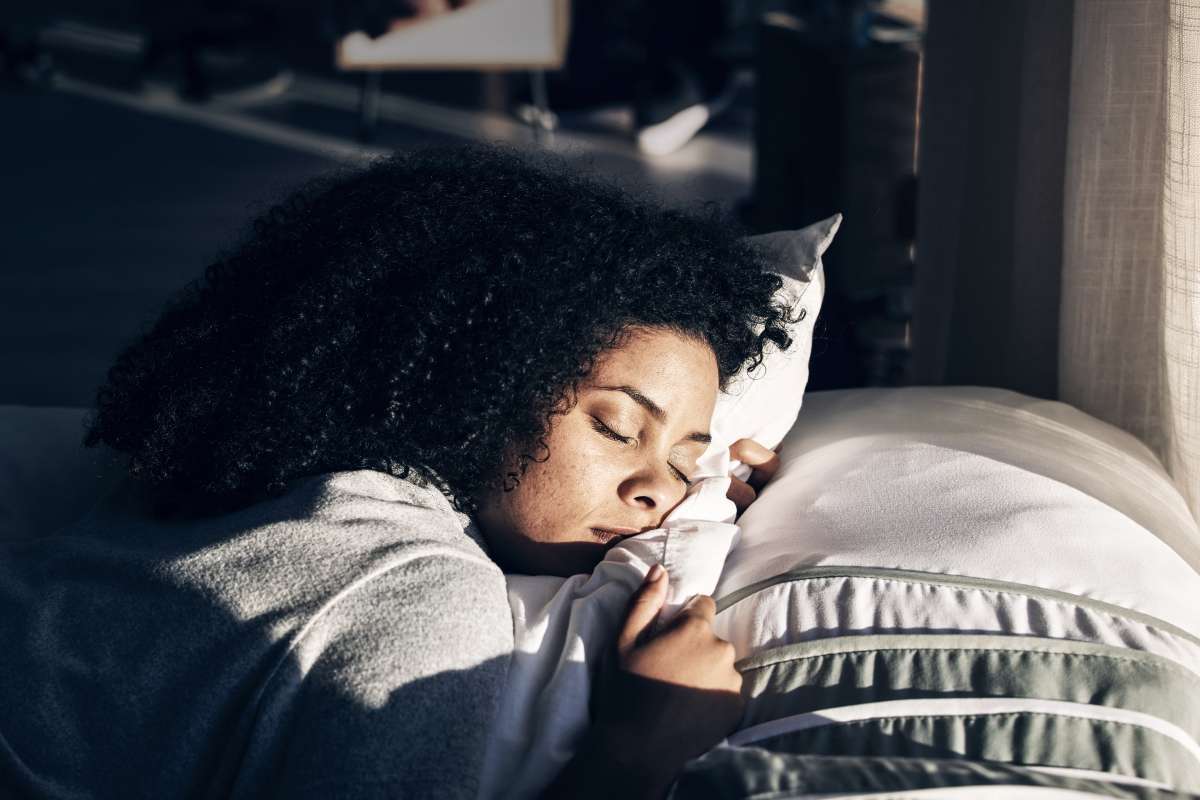You prepare for bed, but instead, you find yourself lying awake, staring at the ceiling while the clock ticks away. Despite trying everything from counting sheep to herbal teas, sleep remains elusive. This struggle is familiar to many. Insomnia, a condition characterized by difficulty falling or staying asleep, is a widespread issue. Acute insomnia, often triggered by specific life events or stressors, affects about 15-20% of people each year. This type of insomnia is usually short-term and resolves when the stressor is removed. On the other hand chronic insomnia, defined by difficulties sleeping at least three nights a week for over three months, affects approximately 10% of the population. This more persistent form of insomnia can lead to significant impairments in daily functioning, a decrease in quality of life, and an increased risk of psychiatric and physical disorders – like depression, anxiety, substance abuse, hypertension, and diabetes.
Common Drivers of Insomnia
Insomnia often occurs along with mental and physical health issues, forming a complex relationship. Key factors contributing to insomnia include everyday stress and anxiety, poor sleep hygiene habits like irregular bedtimes, pre-sleep screen time, and environmental issues such as a noisy bedroom or uncomfortable bedding. Health conditions like chronic pain, hormonal imbalances, and neurological disorders can also disrupt sleep, making it a multifaceted issue with various contributing factors.
Practical Treatment Approaches – Modifying Sleep Hygiene
Good sleep hygiene is crucial for managing insomnia. This includes:
- Establishing a regular sleep schedule.
- Be consistent.
- Allowing 30 minutes before bed to wind down and allow time to decompress and relax.
- Creating a comfortable sleep environment. Get the room dark and quiet as possible.
- Avoiding caffeine and heavy meals before bedtime for at least 6 hours before sleep.
- Limiting exposure to screens and bright lights in the evening.
Lifestyle Modifications
Lifestyle changes can significantly impact sleep quality:
- Regular physical activity, but not too close to bedtime.
- Managing stress through relaxation techniques.
- Avoiding long daytime naps.
- Limiting/avoiding alcohol and nicotine, especially in the evening.
- Wake up at the same time every day including weekends. Setting a schedule will help self- regulation.
Non-Pharmacological Treatments
Several non-medication approaches can be effective:
- Melatonin Supplements: Useful for regulating sleep-wake cycles.
- Relaxation Teas: Herbal teas like chamomile or lavender can aid in relaxation.
- Cognitive Behavioral Therapy (CBT): A structured program that helps identify and change thoughts and behaviors that cause or worsen sleep problems.
De-stressing Techniques
Managing stress is key to combating insomnia:
- Mindfulness and meditation.
- Deep breathing exercises.
- Progressive muscle relaxation.
- Yoga or Tai Chi.
A Word About Stress, Adrenal Health, and Insomnia
Chronic stress continuously strains the adrenal glands, leading to an overproduction of cortisol, the body’s primary stress hormone. This hormonal imbalance can disrupt your natural sleep-wake cycle, contributing significantly to insomnia. High cortisol levels at night can make it challenging to both fall asleep and stay asleep, creating a cycle where poor sleep further increases stress. Utilizing tools like the Epworth Sleepiness Scale can be helpful in assessing the extent of sleepiness and its impact on daily activities, thereby aiding in the management of sleep-related issues.
To break this cycle and improve sleep, it’s essential to focus on stress reduction techniques. Practices like mindfulness, deep breathing, and regular physical exercise not only help lower cortisol levels but also contribute to overall well-being, setting the stage for better sleep and healthier adrenal function. Additionally, seeking help through counseling, therapy, or coaching can be highly effective in managing chronic stressors. These professional approaches provide tailored strategies and support to address the underlying causes of stress, aiding in its management. Remember, tackling stress is not just about achieving a state of calmness; it’s a critical component in overcoming insomnia and improving your overall health.
Pharmacotherapy
While medication can be an option, it’s often recommended to try non-pharmacological methods first. Medications include Doxepin, trazodone benzodiazepines, Zolpidem and others, but they should be used under medical supervision due to potential side effects and dependency issues. Medications for sleep generally should only be considered as an option when a patient has tried and failed the above noted sleep hygiene methods and de-stressing techniques.
Empowerment Through Knowledge
Insomnia is a complex condition but understanding its causes and treatment options empowers individuals to take control of their sleep. Resources like the National Sleep Foundation and the American Academy of Sleep Medicine offer valuable information and support. IF you’re struggling with sleep, talk to your doctor. If you don’t have one, Northeast Georgia Physicians Group has many doctors to fit your needs. Book an appointment online today.
Remember, a good night’s sleep is not just a dream; with the right approach, it can be your reality.



